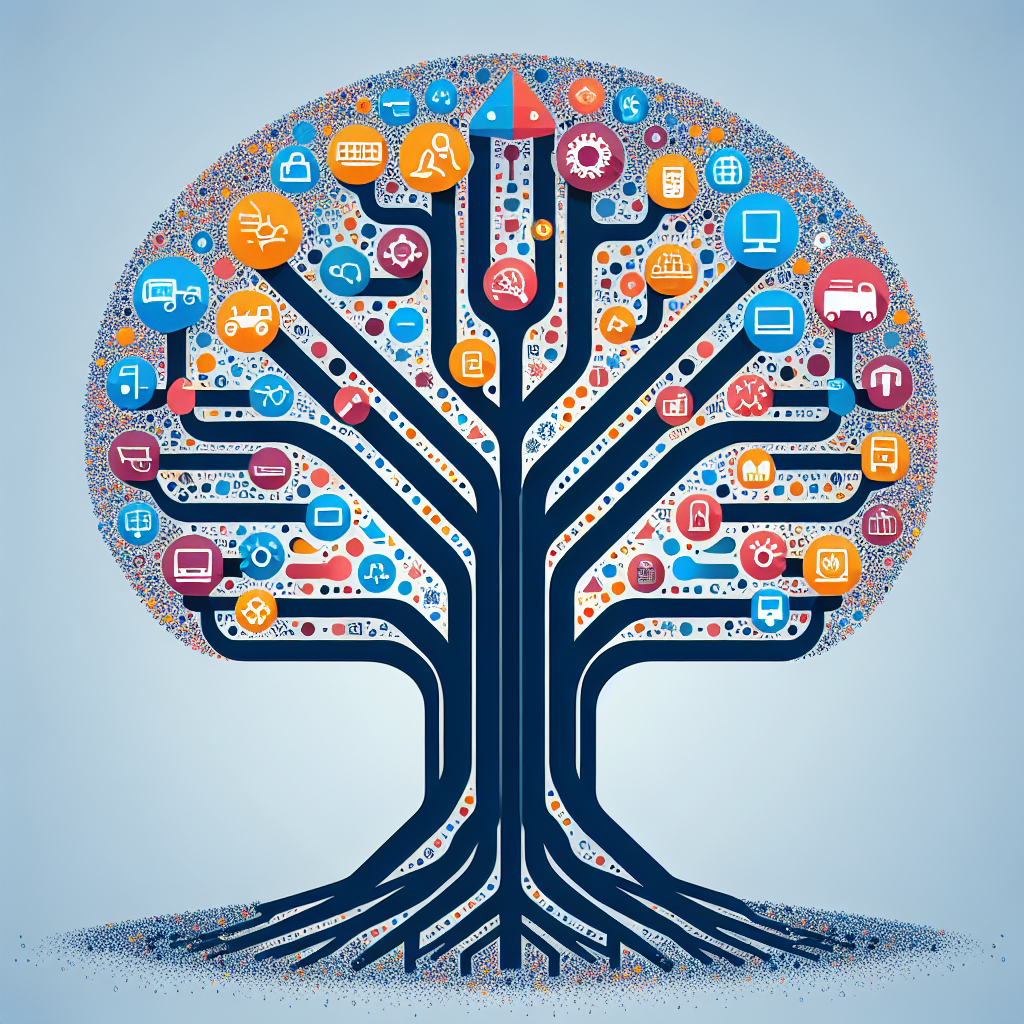The Impact of Machine Learning on Society
Machine learning is a powerful technology that is shaping our society in numerous ways, from improving healthcare to transforming the way we shop online. With its ability to analyze vast amounts of data and make predictions based on patterns, machine learning is revolutionizing industries and changing the way we live and work.
One of the most significant impacts of machine learning on society is in the field of healthcare. Machine learning algorithms can analyze medical data to diagnose diseases, predict patient outcomes, and even recommend personalized treatment plans. This has the potential to revolutionize the healthcare industry by improving the accuracy and efficiency of medical diagnoses and treatments.
In addition, machine learning is also playing a crucial role in other industries such as finance, marketing, and transportation. In finance, machine learning algorithms are being used to detect fraud, predict stock market trends, and automate trading decisions. In marketing, machine learning is helping businesses better understand their customers and target them with personalized advertising campaigns. And in transportation, machine learning is being used to optimize traffic flow, improve safety, and develop autonomous vehicles.
However, the impact of machine learning on society is not without its challenges. One of the main concerns is the potential for bias in machine learning algorithms. If the data used to train these algorithms is biased, it can lead to biased outcomes that perpetuate existing inequalities in society. For example, a machine learning algorithm used in hiring decisions may inadvertently discriminate against certain groups of people based on race or gender if the training data is not diverse enough.
Another concern is the potential for job displacement as automation becomes more prevalent in industries such as manufacturing and customer service. While machine learning has the potential to create new job opportunities in fields such as data science and artificial intelligence, it also has the potential to eliminate traditional jobs that can be easily automated.
Despite these challenges, the overall impact of machine learning on society is overwhelmingly positive. By harnessing the power of data and algorithms, machine learning has the potential to revolutionize industries, improve efficiency, and enhance our quality of life. As machine learning technology continues to evolve, it will be crucial for policymakers, businesses, and researchers to work together to address the ethical and societal implications of this powerful technology. Only by working together can we ensure that machine learning continues to benefit society as a whole.


